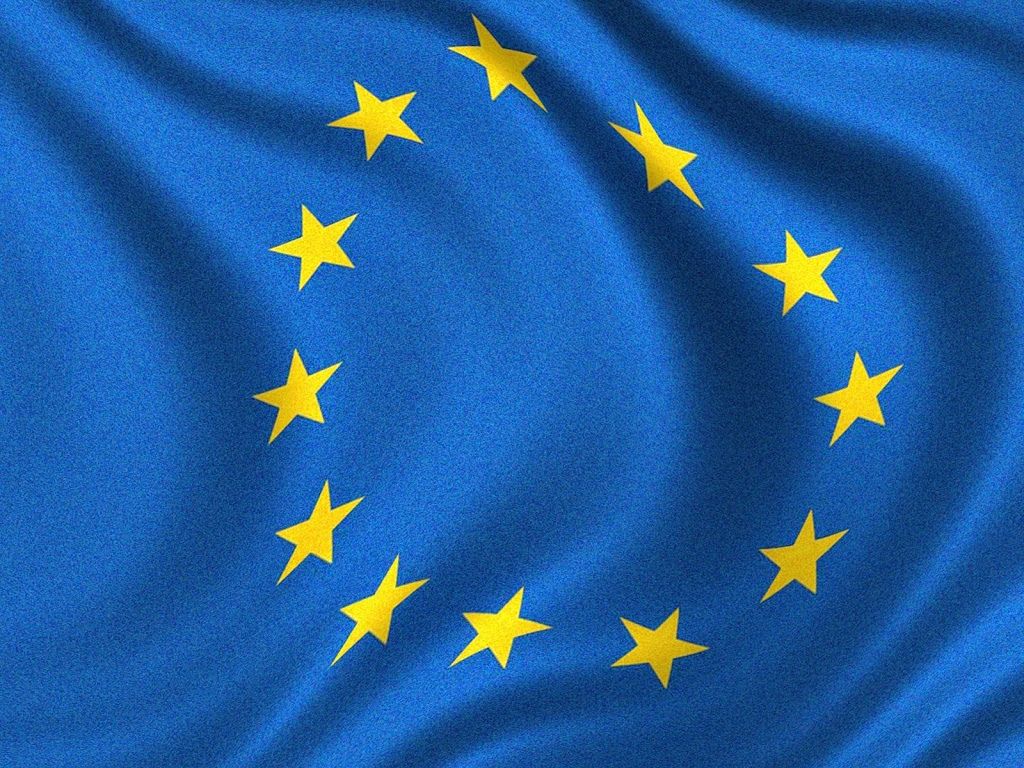The rise of Brex-Lit: literature inspired by a post-Brexit world
As we approach the fateful day, Brexit can be no longer be ignored and is very much on the horizons of the British political scene. Uncertainty about what the aftermath of the controversial move will mean for our country is all that seems to be on the news at the moment and nobody seems to have a solid idea of how things will change.
Many anticipate the emergence of a new literary sub-genre as a consequence of Brexit: Brex-Lit, if you will. Literature has always served to essentially record history and potential variations of it, and virtually every significant event will have been written about by someone. Many examples of pre-Brexit literature are already on our shelves, but what can we expect to be reading once we’ve actually left the EU?
The consequences of Brexit, whether we leave with a deal in hand or not, will undoubtedly have a ripple effect of which the extent and span is unpredictable. A focal point of the Brexit campaign was immigration and the attitudes regarding the accessibility of British borders. As a result of this, perhaps we should anticipate stories such as Sam Selvon’s The Lonely Londoners: accounts from migrants who feel displaced in a society they thought they could call home.
Literature has always provided voices for the voiceless and may well be used to articulate the worries of EU citizens living in a post-Brexit Britain to illustrate how their lives are affected by it
Many EU migrants who are settled in the UK have expressed their discomfort at some of the attitudes regarding immigration and suggest there is a sense of division being forged as a result. These fears echo the struggles faced by the Windrush generation depicted in Selvon’s novel. Literature has always provided voices for the voiceless and may well be used to articulate the worries of EU citizens living in a post-Brexit Britain to illustrate how their lives are affected by it.
Personally, what I hope will emerge from the whole ordeal will be along the lines of The Story of Brexit by Ladybird: tongue-in-cheek, humorous satires about something that is decisively not funny but makes you laugh nonetheless. After all, if you don’t laugh then you’ll cry. The entire Brexit debacle has been fraught with mistruths amd ambiguities and satirical takes on the way in which the EU exit will be manoeuvred are bound to be written.
Conversely, maybe I’m being too pessimistic and the subject of books following Brexit will be of the success of the reformed politics of the country, glowing reports of how Britain coped with the changes and came out victorious. Unlikely perhaps, but let’s stay optimistic.
The work of literature to preserve events and portray them from every perspective possible will undoubtedly allow an insight into just how the decision affects our country and its inhabitants
Of course, literature does not just consist of fiction and the amount of non-fiction on offer surrounding Brexit will only grow once the move has been made. From ‘Brexit for Dummies’-esque explanations to complicated political commentary on the ins and outs of the campaign, non-fiction is likely to prove useful in attempting to understand what is involved in the exit and where we go from there.
While it is strange to think that one day the moment we are currently living in will be recorded in a history book and studied as an important moment in British politics, the process of Brexit and the consequences will mark a pivotal event in the country’s history and writers will look to articulate that. The work of literature to preserve events and portray them from every perspective possible will undoubtedly allow an insight into just how the decision affects our country and its inhabitants, both for us who experience it first-hand and for those in the future who will be reading about it in retrospect.
The nature of the complex topic that ‘Brex-Lit’ will be voicing likely means the sub-genre will experiment with different forms and styles of authorship as people attempt to make sense of the move and will, as a result, produce a wide variety of literature. While the kind of narratives that emerge depend on how successful the move ends up being, at the very least we can hope that the outcomes of Brexit don’t provide material for a no deal post-apocalyptic dystopia and will instead make for happier reading.

Comments